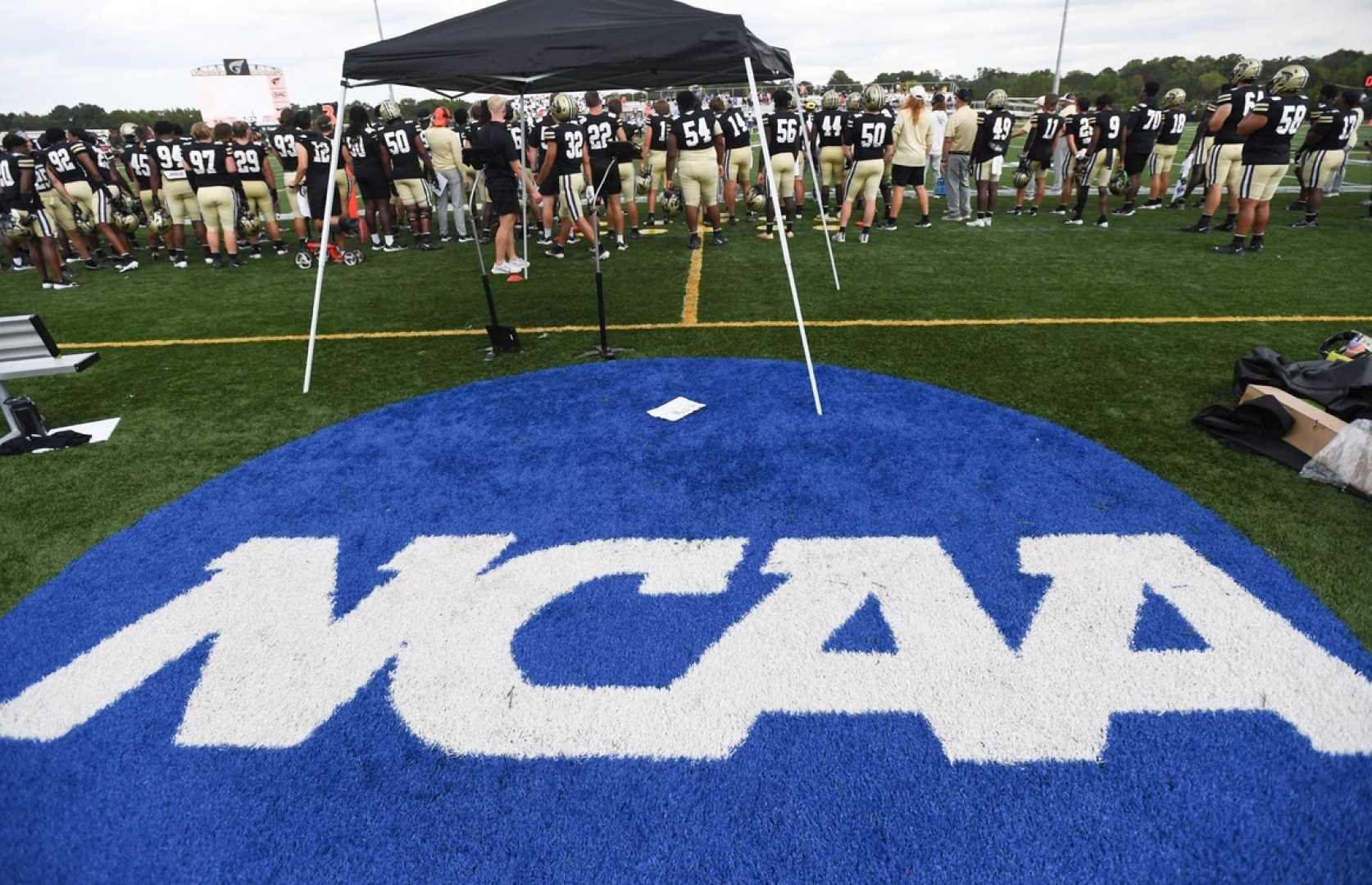Sports
Federal Judge Approves $2.8B Settlement for College Athletes

OAKLAND, California — A federal judge has officially approved a landmark settlement that will allow colleges to directly pay student-athletes starting July 1. The $2.8 billion settlement, resulting from the House v. NCAA class-action lawsuit, aims to reform college sports and compensate players who have been restricted from financially benefiting from their talents.
Judge Claudia Wilken granted final approval on Friday, resolving three major antitrust lawsuits against the NCAA, which alleged that the organization unlawfully limited athletes’ earning potential. The settlement will pay current and former Division I athletes back damages due to restrictions on name, image, and likeness (NIL) deals.
Beginning in the 2025-26 academic year, participating colleges must share a portion of their revenue, capped at $20.5 million per year per school. This marks a significant shift in how college athletics operate, with schools no longer relying solely on scholarships and existing financial aid to support their athletes.
Under the settlement, schools can also eliminate scholarship limits, allowing them to offer more full or partial scholarships to athletes. However, new roster limits will now apply, which critics argue could lead to athletes losing their positions. The settlement protects athletes who have already been cut from teams, allowing them the option to transfer without being counted against the new limits.
As a response to concerns about “pay-for-play” arrangements, the deal includes stipulations that any endorsement agreements exceeding $600 will undergo independent reviews to ensure compliance with NCAA regulations.
Commenting on the approval, NCAA president Charlie Baker expressed optimism that this transition would stabilize college sports amid a rapidly changing landscape. Meanwhile, many college sports officials are preparing to meet the new guidelines, having previously anticipated this shift since the initial approval back in October 2024.
Despite these advancements, uncertainties remain regarding the approval’s broader implications. Legal experts predict future lawsuits surrounding compliance with Title IX, which mandates equal opportunities for female athletes, as universities may share more revenue with male athletes than female athletes.
With July 1 quickly approaching, colleges are bustling with preparations to implement the new rules as the athletic community eagerly awaits the full effects of this groundbreaking decision.












